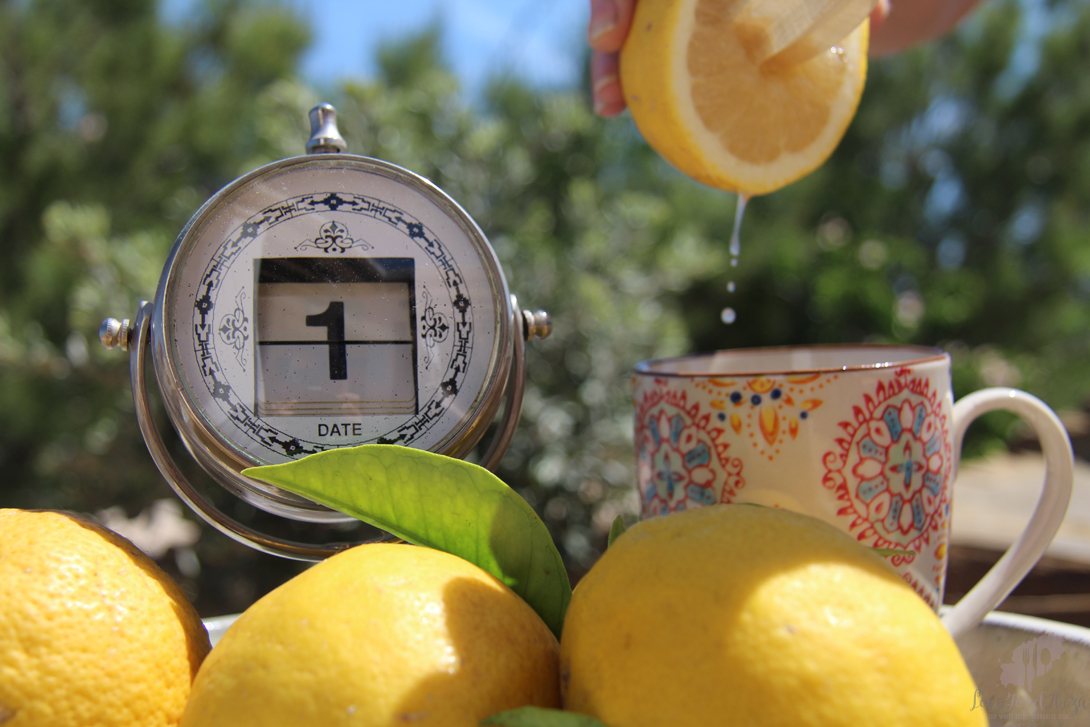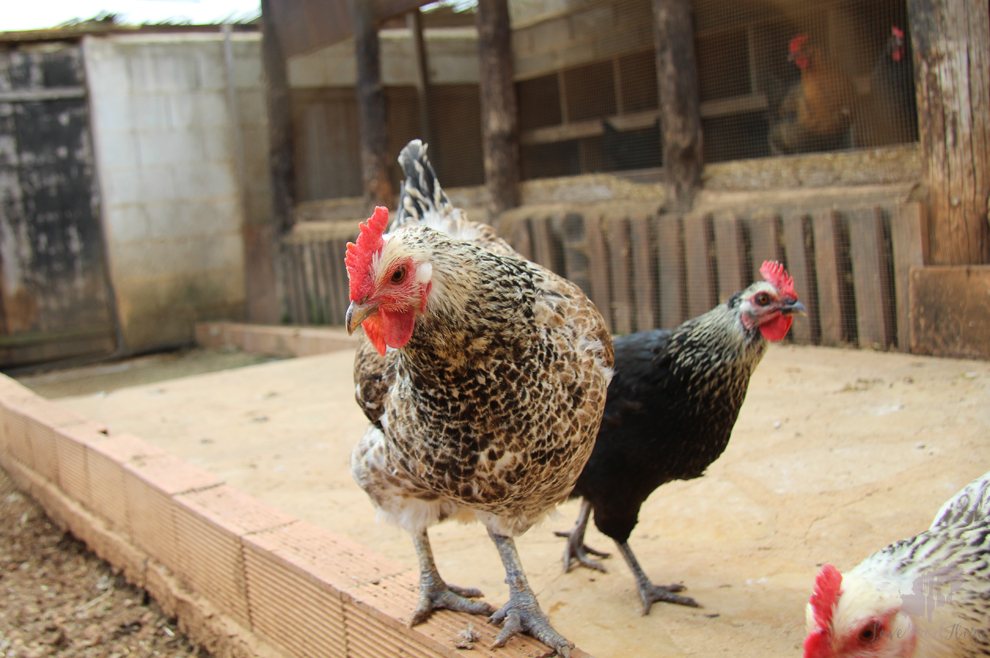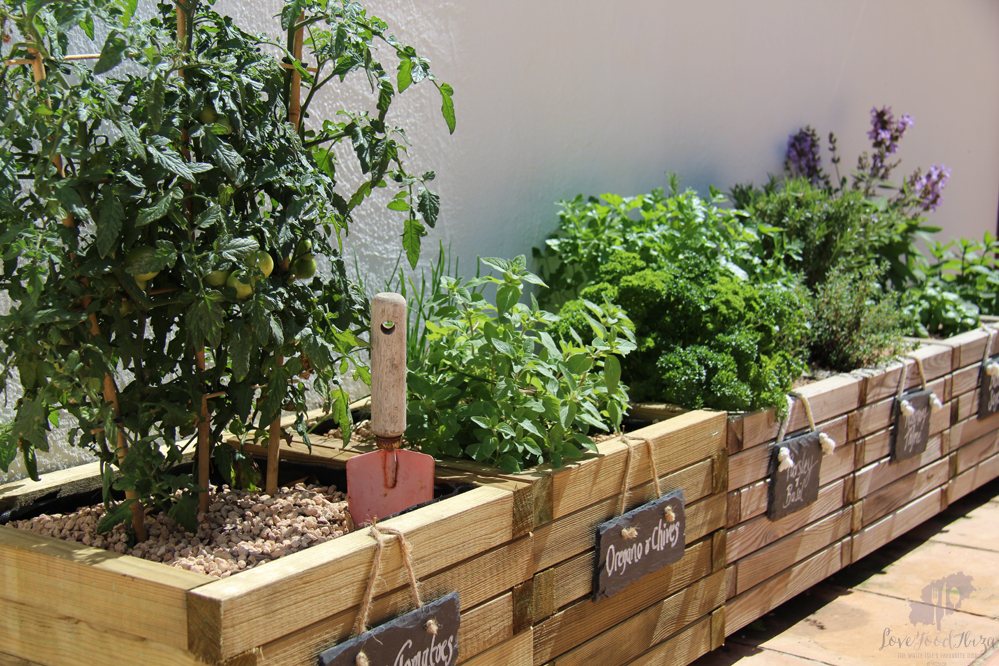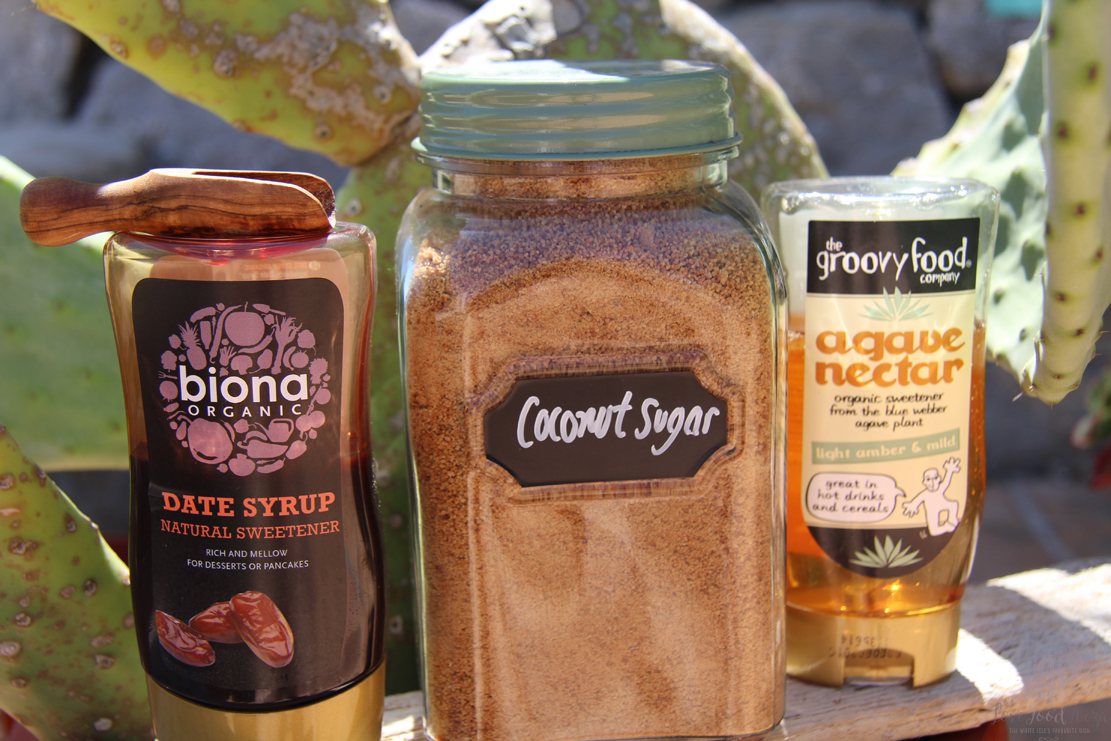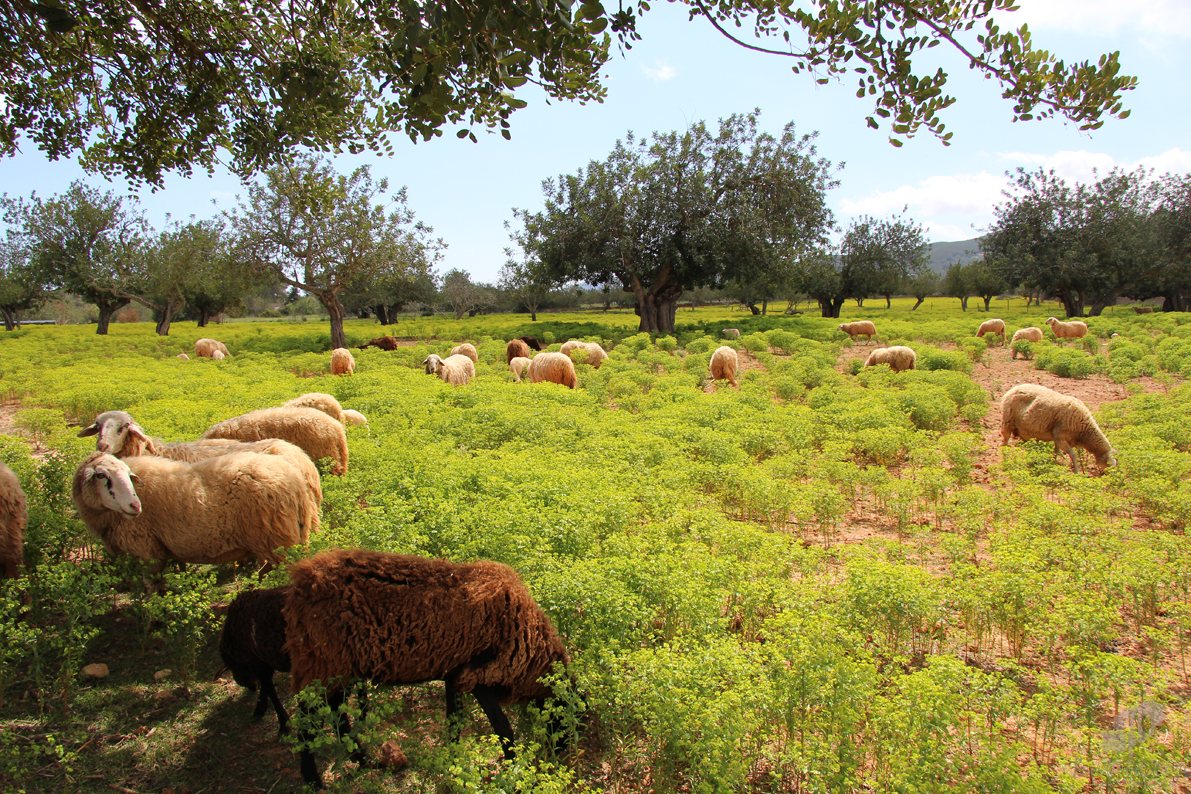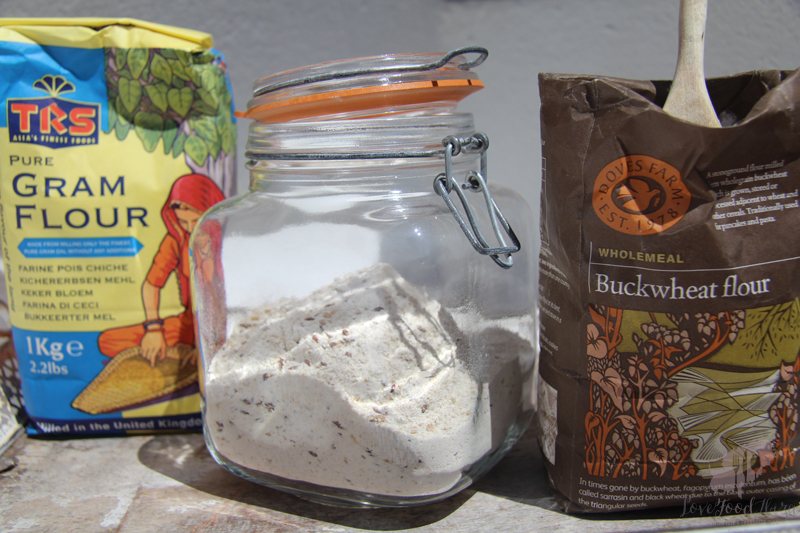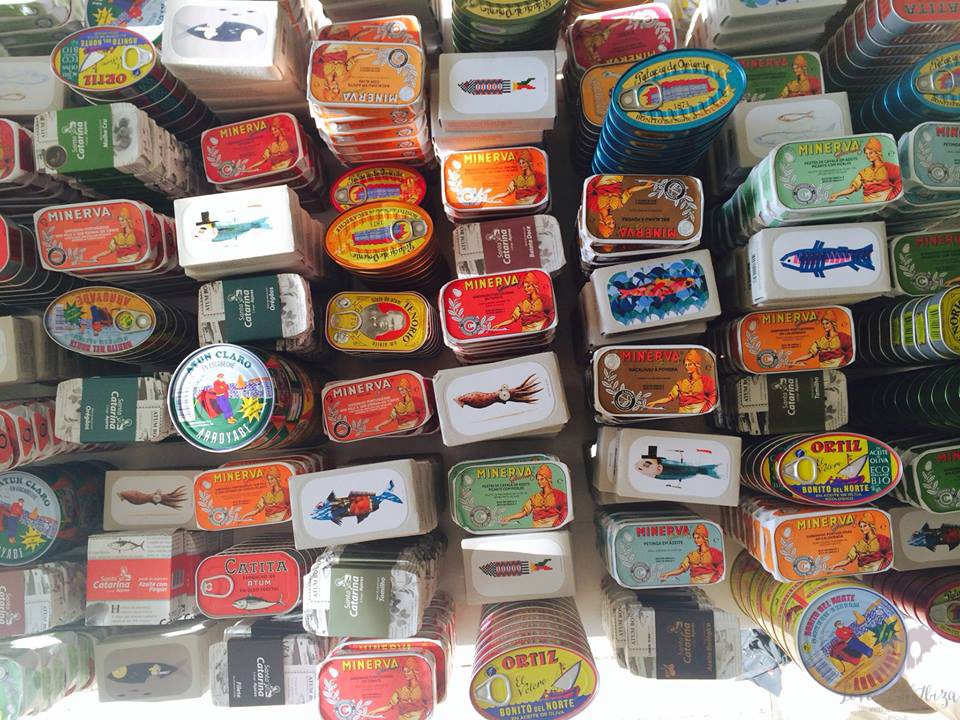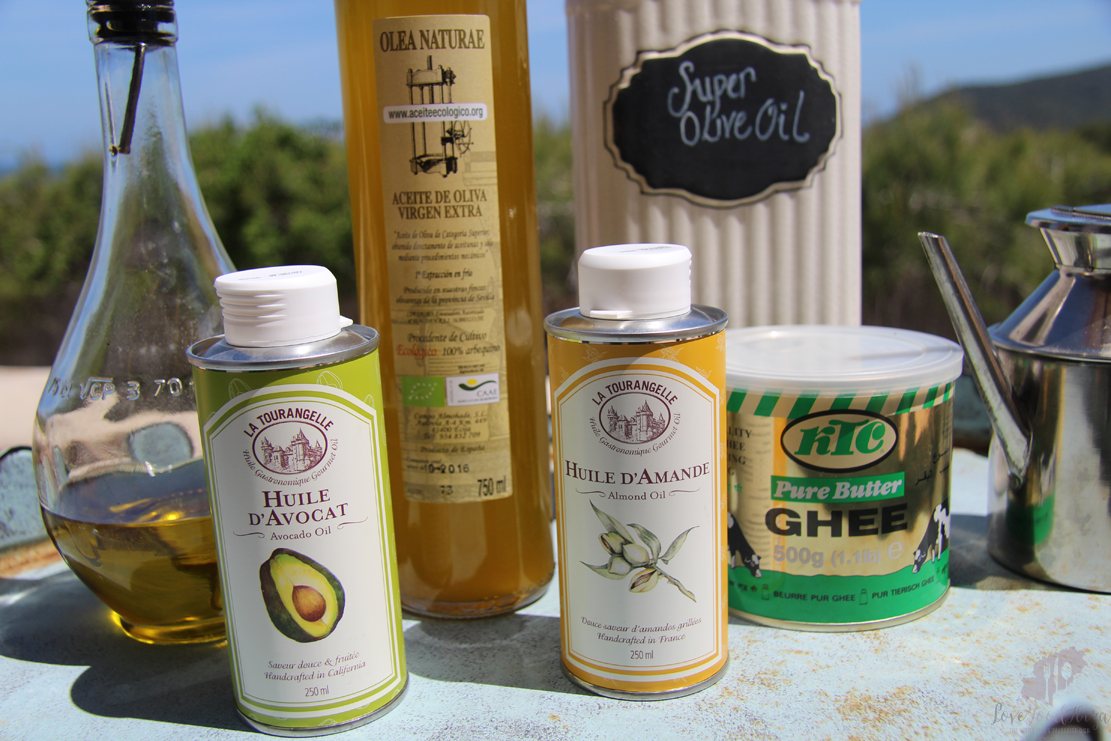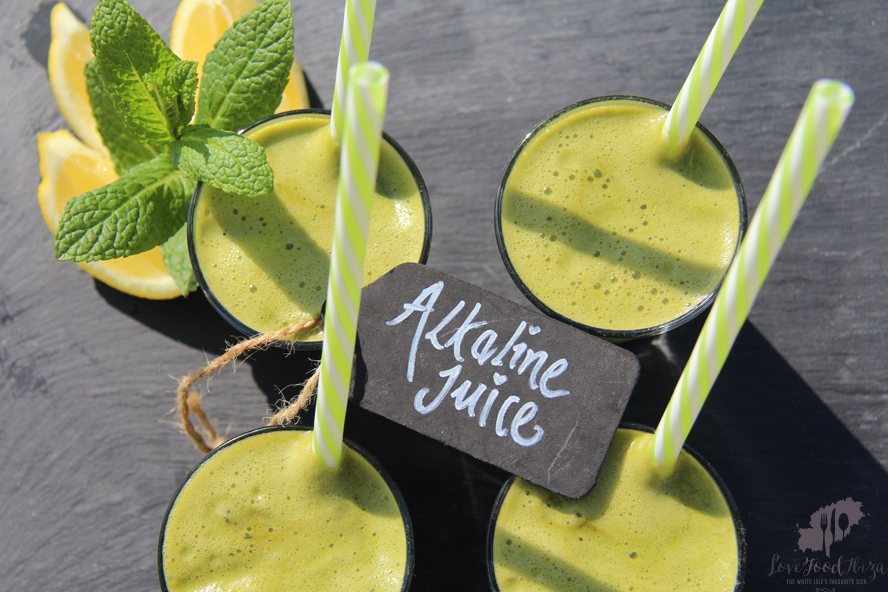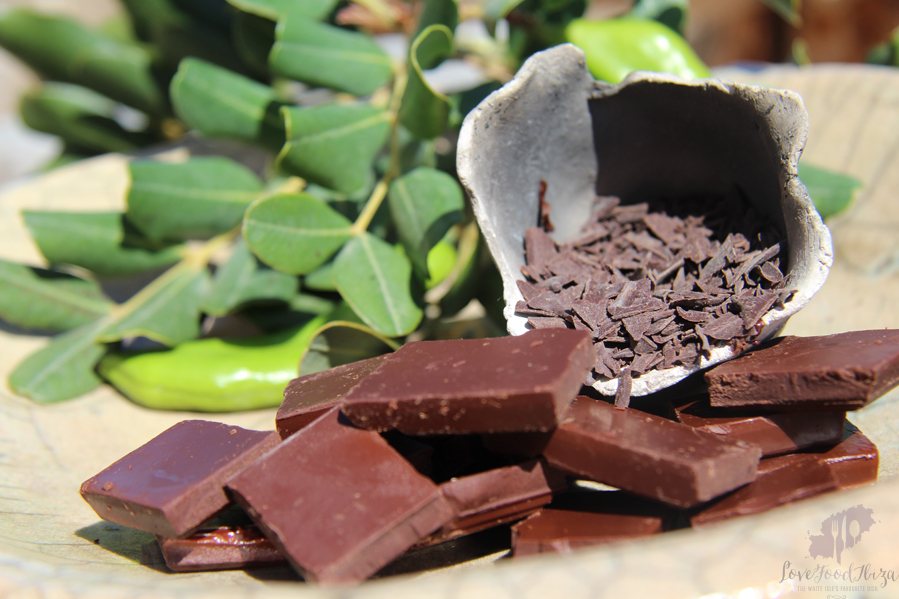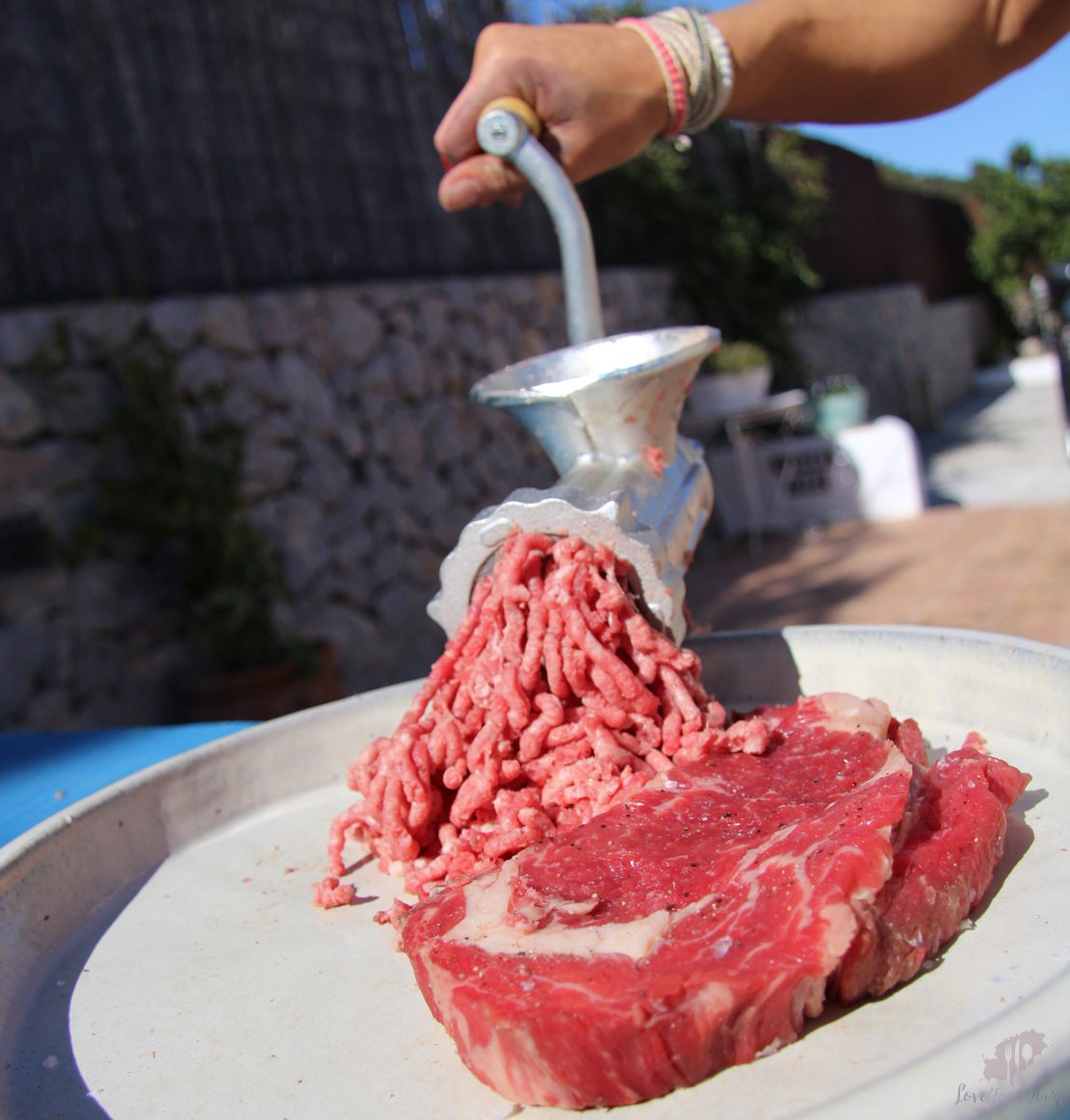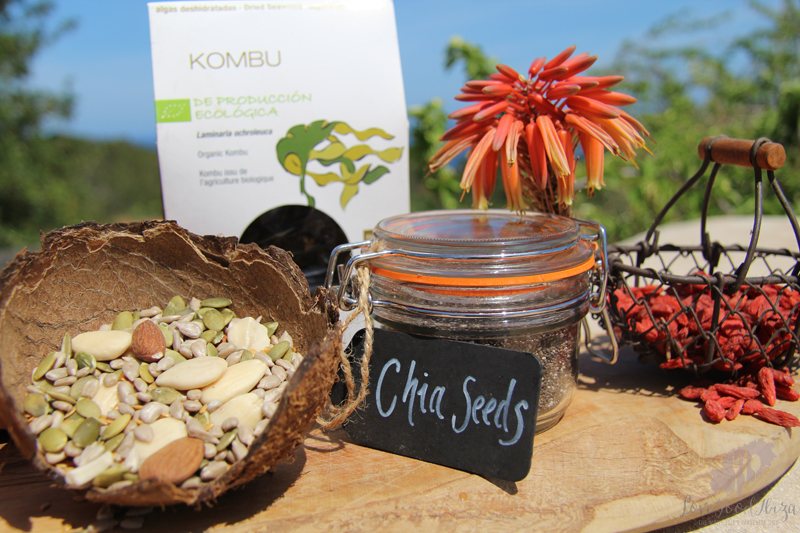k My Top 20 Tips For Healthier Eating k
k (that I really try to follow) k
I am by no means a perfect healthy eater, as explained in my Recipes section, I adore all cuisines and foods types. One thing I am a stickler for though is the freshness and quality of the ingredients. I am doing my best to follow a few health rules that have worked for me and hopefully they may work for you too.
Your diet is definitely a true reflection of your reflection: your skin, hair, nails, waistline and the all important sparkle in your eyes. We have seen chronic illnesses, aliments and even cancers being cured by changes to the diet – it’s not rocket science, it’s quite simple really and the results can be dramatic. Eating better makes you feel better, good food makes you more energised and revitalised, feeds the soul and deprivation does not have to be on the menu.
Coming from a food nutrition/science background, I’ve adopted these changes to my diet and all for the greater good. I’m not completely there yet, it’s by no means a ‘diet’, it’s just a bit of acquired knowledge…
1: Drink warm water with fresh lemon juice first thing in the morning
Firstly the water should be purified and lukewarm with the juice of at least half a fresh lemon. Why? It’s an incredibly powerful digestive aid; by drinking lemon water first thing you are activating the liver and the gall bladder to enable bile production (which emulsifies fats) making it a great start to the day. It boosts your immune system, controls PH levels, clears the skin, decreases wrinkles, the ascorbic acid in lemon promotes healing, hydrates the lymph system to combat constipation, regulates high/low blood pressure, freshens breath, aids mental clarity, aids weight loss…it helps a hangover…need I say more!
2: Protein Power for breakfast
Nutritionally I’m a great believer in breakfast, your body is looking for fuel to start the day, especially something protein based. You haven’t eaten all night and your blood sugar levels are low, it’s important to set yourself up for a ‘blood sugar’ balanced day. Your brain needs energy to work. For most of us it’s become a habit to grab a bowl of commercial breakfast cereals, pastries and toast which can be surprisingly laden with refined sugars, carbohydrates and processed fat which in turn makes you more likely to reach for something with a high sugar content for the rest of the day, then a cycle will continue. It’s best to go for a protein based breakfast including…eggs eggs eggs (poached, boiled, scrambled or as a frittata), granola with nuts & seeds, natural yoghurt, humous, organic peanut butter on rye toast and American style buckwheat pancakes are to name a few.
3: Try and grow some of your own
If you have a garden or an area to grow fruit and veg outside fantastic. But if space is an issue it’s easy to have a few pots of herbs growing on the windowsill and they help bring a natural freshness to the room. Better still, try spouting super seeds like alfalfa, mung and adzuki beans in jars, it is very easy, rewarding, fun and gets you back to nature. Encourage your friends to do the same and then you can share your bounty! Remember growing mustard and cress at school? Try revisiting your inner child.
4: Try a different cuppa
Yes yes, we know we should be reducing our caffeine levels – so maybe try and mix it up a with different teas: Rooibos – packed with antioxidants, UVB protectant and even a natural antihistamine which is great for allergy sufferers. Dandelion Root – a gentle diuretic that supports the liver and aids digestion. Ginger & Turmeric Tea – a bit of freshly grated root ginger and turmeric gives a huge beauty boost for the skin and are powerful anti-inflammatories. White Tea – packed full of phytochemicals that prevent the breakdown of collagen and elastin in the skin, so sip away to keep the wrinkles at bay. Tulsi Tea – has energising powers that help the body handle stress and balance hormones. And lets not forget fabulous Green Tea that can actually reserve UV damage, brimming with free radical fighting catechins and has more antioxidants than vitamin C and E.
5: Sugar is not so sweet
It’s been all over the media that ‘refined sugar’ is bad news for you, highly addictive and causing an array of health problems including increased unfriendly bacteria in the gut, inflammation and acidity in the body, suppression of the immune system, increased risk of type 2 diabetes and heart disease. Also sugar is a toxic beauty buster, it’s a major cause of collagen breakdown and contributes to accelerated aging, blemishes and cellulite. Artificial sweeteners are pretty nasty too, causing water retention, bloating, headaches, indigestion and sugar cravings, It’s something to consider when looking for that sugar fix.
6: Time to stock up on healthier sugars
I have a sweet tooth, especially after eating a main meal. With all the bad press and evidence against refined sugar I have started experimenting with alternative natural healthy sugars such as coconut sugar (although it is bloody expensive), maple syrup, agave, raw honey and date syrup. You will see these cropping up in some of my recipes.
7: Eat the colours for the rainbow
Eating for health, beauty and wellbeing means choosing foods in a spectrum of vibrant hues. The natural colours in fruits and vegetables indicate high concentrations of antioxidant phytochemicals that support health and neutralise free radicals in the body. Try and eat more red, purples, greens, yellows and even whites (think coconuts and cauliflower). To get the best from your fruit and veg try to eat them raw in in their whole form just as nature intended. By broadening the colours you eat ensures you get the different nutrients you need. Let the seasons guide you and enjoy the wisdom of their nutritional benefits during each month of the year.
8: If you eat meat choose close to nature
I’m not there yet with ditching meat from my diet, but when I do buy meat I try and go for free range and organic. If you choose to eat meat, a far better choice is hormone-free, antibiotic-free and grass fed – it’s far better for you. I know it is considerably more expensive but paying more can also mean eating less meat. The same applies for eggs, try and source your eggs from hens that have access to sunlight, outdoor space and natural protein sources – they are richer in omega 3s, vitamins, magnesium and zinc.
9: Dump white and go brown
We should all be avoiding gluten and wheat in our diet as we know our body really struggles to digest them. If you still can’t give up bread, go for best quality whole grain breads or rye bread from artisan bakers. Swap white rice for brown long grain rice and swap potatoes for sweet potatoes. When baking, try and use alternative flours like buckwheat, almond, quinoa and spelt that are wholesome and much more digestible. Start adding more gluten free legumes and grains to your diet, stock up on chickpeas, beans, barley, bulgar and lentils. They are fibre and protein rich, full of phytochemicals and minerals to keep youthful cells and stabilise blood sugar levels that will keep you fuller for longer.
10: Small fish big beauty
There is something to be said about the Mediterranean diet and the love of sardines. While small, they are the biggest fish in the sea when it comes to health benefits; bursting with Omega 3 to preserve collagen and ramp up fat burning, are anti-inflammatory and also help decrease levels of a hormone that is linked to excess sebum that leads to blocked pores and flippin’ spots. They contain great levels of vitamin D and while other fish in the sea can contain metals and toxins, sardines rank high on the list of the cleanest fish to eat. Wild salmon, mackerel and oysters are also powerhouses of goodness too.
11: Boo to the moo
There are conflicting arguments about dairy. Most say that we should be eating less dairy in our diets, if so it is best to go for full fat and organic dairy from grass fed cattle. The higher the fat content, surprisingly the lower the lactose content – which is what I’m personally intolerant to. I tend to go for lactose free milk and cream, goat and sheep cheeses and frequently more often I choose dairy alternatives like almond milk and coconut milk (both unsweetened). You can also make easily make homemade cashew cream, brazil nut cream or pureed avocado that all make wonderful alternatives to thick cream with the added bonus of having amazing health benefits. All that said…my god I still have a weakness for lashings of French salty butter on bread!
12: Embrace the good fats
Saturated fats have in the past received bad press, but it’s been proven that fat derived from animal and plants based foods are essential for strong cell membranes, well hydrated skin, energy and nutrient absorption of vitamins A,D,E and K. Plant based, unsaturated and polyunsaturated fats like olive oil, grapeseed, flaxseed and avocado oils are incredibly good for you – but not so good heated, so save them for dressings. When it comes to cooking, it’s best to use coconut oil or ghee (clarified butter) because they are heat stable and their chemical structure is less oxidised during cooking. Don’t forget other foods that are super rich in essential fatty acids and omega 3 such as salmon, sardines, hempseeds, chia seeds, flaxseeds, raw nuts, seeds and amazing avocados!
13: Bad fats and factory foods…No!
So in the 1970s margarine came in and butter went out. Once branded as healthy, it’s now been proven trans fats which are polyunsaturated fats that are made solid by the hydrogenation process are very bad for us. In fact the World Health Organisation has even labelled this as ‘toxic’…blimey! Food producers now use a different process called interesterification to make low fat spreads. BUT trans fats, preservatives, artificial flavours, chemical additives and refined sugar are staple ingredients in processed foods such as pies, cakes, biscuits, pastries, crisps and even cereals. Processed foods created to withstand weeks, months or years are not good for you, so it’s best to limit or completely avoid…and carefully read the labels. Also watch out for fast food French Fries, even if the chains use liquid oil for cooking, they are likely to have been partially fried in trans fat before shipping to the restaurant. Like Michael Pollen says “it’s not food if it’s arrived through a car window”.
14: Boost your juice
Yes juicing has exploded with Nutri Bullet sales going through the roof (it was the biggest selling Christmas gift in the UK last year) and so now we are all juicing! Recently though we have been told that certain juices and smoothies are sugar bombs, which are having a detrimental effect on our health, so it’s worth taking this into consideration when blending a juice. Add nuts, seeds and yoghurt which in turn help to slow the sugar release down. Try an alkaline juice that’s mainly from vegetables (celery, cucumber, spinach and ginger with the sweetness of one apple and a squeeze of lemon). It is packed full of nutrients and is chlorophyll rich. For an even more amazing health kick you can pimp it up with spriulina, wheatgrass and maca powder.
15: Don’t mistake hunger for thirst
Water is one major health essential. It makes up to 60% of our body weight and 70% of our skin. Plenty of people shrug off hydration as obvious, dehydration releases stress hormones that lead to an increase in aging inflammation in the body. Water is essential for bodily functions from metabolism and nutrient absorption, detoxification, blood circulation and temperature regulation. It’s easy to confuse hunger with thirst. Clinical studies have seen that 37% of people mistake hunger for thirst because the thirst mechanism is so weak. If you were truly hungry that feeling of wanting something to eat won’t leave you, but if you are actually thirsty then you will feel satisfied. Water rich foods like watermelon, cucumber, celery and apple can also aid hydration as they make their way through our digestive system.
16: Let us eat chocolate!
Whilst milk and white chocolate are not so good for you, cacao has a higher concentration of antioxidants than any other food we know of due to its powerful phytochemicals such as epicatechin. It can help lower blood pressure, raises neurotransmitters like serotonin and endorphins in the brain, mediates the metabolic effects of stress and lowers cortisol levels, protects skin from UV damage and the catechins in cacao have a huge anti aging punch that blocks the formation of wrinkles! Wowser. So when buying chocolate go for dark chocolate that has a high cacao percentage (it should at least 80% to get the full benefits).
17: If you want to eat junk food try and make it yourself
I know this is time permitting but I love to cook and therefore make time to cook. So if I have a craving for burger and chips I will make it myself from scratch using the best quality ingredients I can get. It will mean grinding whole steaks into mince, slicing skinny chips, making my own pickles – it’s all a bit fiddly but it means I don’t eat it every week. You can also feel safe in the knowledge that it’s far better for you than a processed version. I also have fun making healthy versions of so called junk foods like pizza and pies.
18: Be bang on trend with superfoods
Kale is so last year? Well I take that with a pinch of Himalayan salt. Joking aside, no single food can keep you in tip-top condition so eating nothing but acai berries won’t make you super healthy. Variety is the key here, ‘superfoods’ have acquired this label because they have high levels of health promoting nutrients, phytochemicals and antioxidants so it’s amazing to have them in your diet to give you a nutritional power punch. I love to hear about the new kids on the block when it comes to superfoods, what celebrities are stocking up on them. So here are the newbies that they are raving about right now: Charcoal, black rice, kelp, maca powder, bee pollen, baobab, banana flour, freekeh, bone broth, coconut (milk, cream, oil and water) fermented foods, dandelion leaves, moringa, chaga mushrooms, lucuma, kombucha, black salsify, chlorella and teff. Whatever next?
19: Don’t be a lush
It’s a confusing mixed bag of advice from governments and the medical world. One minute they say drinking every day (in small quantities) is a health benefit, the next we are being told to have two consecutive days off a week and that alcohol increases the risk of cancer and other diseases. I think we are all grown up enough to make our own decisions about our own limits. Anyone that knows me has seen I’m an utter lightweight and drinking white wine spritzers is the only way to prevent hangovers. Alcohol, like sugar, disrupts hormone balance, stresses the liver and can steal nutrients from the body. It’s all about moderation and making up for it if you have the occasional splurge.
20. It’s sooooo okay not to eat perfectly every day
My diet is by no means perfect and indulging from time to time is actually good for sticking to an overall healthy diet. Listen to your body and do the very best you can with every meal. With so many diets and advice on what to eat/not to eat; should we be only eating raw food? Is juicing now bad? Is Banting the new Paleo? Do we now need to worry about Orthorexia? it’s really no wonder we get ourselves in a pickle. At the end of the day it is not what eating is all about, we should just love, appreciate and respect our food for the pleasure it gives us, not because of ‘food fashion’ and faddy diets.

